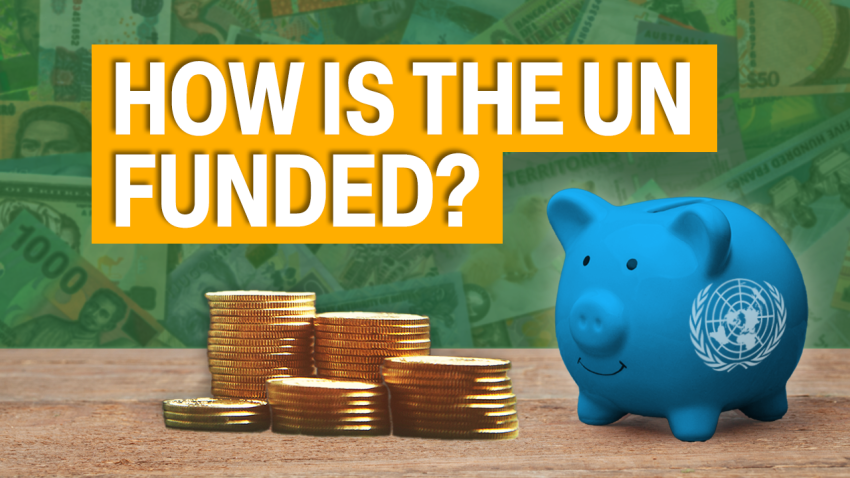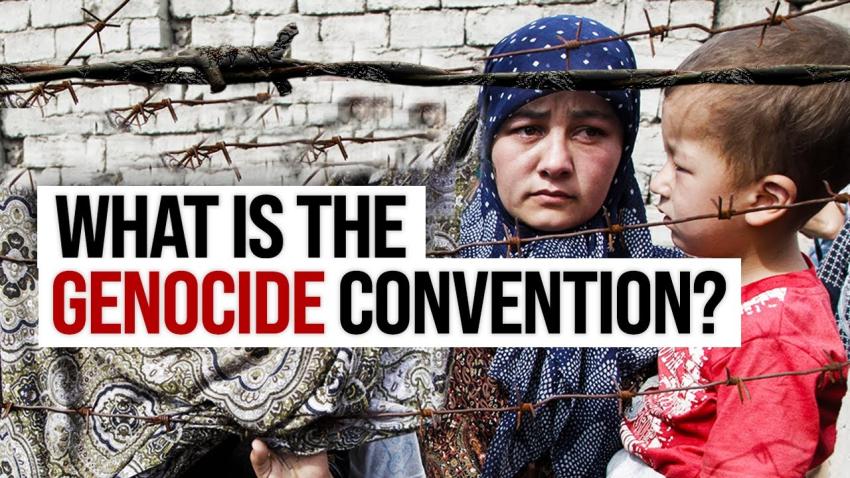In the summer of 1945, leaders from 50 countries gathered in San Francisco to agree upon an international treaty to enshrine the equal rights of all people and maintain peace.
This resulting treaty, the UN Charter, is the founding document of the United Nations, which pledged to save succeeding generations from the scourge of war. In over 70 years since its creation, the United Nations maintains international peace and security, protects human rights, delivers humanitarian aid, supports sustainable development and climate action, and upholds international law.
The Charter was signed on 26 June 1945, at the conclusion of the United Nations Conference on International Organization, and came into force on 24 October 1945. The United Nations can take action on a wide variety of issues due to its unique international character and the powers vested in its Charter, which is considered an international treaty. As such, the UN Charter is an instrument of international law, and UN Member States are bound by it. The UN Charter codifies the major principles of international relations, from sovereign equality of States to the prohibition of the use of force in international relations.



